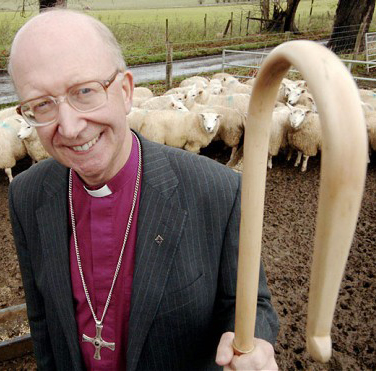I remember attending school assembly every morning with studied ennui, inspired by the masters seated on the stage whose yawns and nose picking delivered the strong message that they had little interest in what was going on.
By the time I had reached the fifth form, I had decided I was an atheist and persuaded my long-suffering parents to write to the headmaster to excuse me from the tedium of morning assembly. Nothing came of it, though since, as the head patiently explained to me, he had a legal requirement to compel my attendance.
In spite of myself, I still enjoyed singing the hymns.
You might think that being forced to participate in something in which I didn’t believe would put me off it for good. As it turns out, it didn’t. In spite of stout resistance, parts of the Christian message – the Lord’s Prayer, for example – infiltrated my psyche, a clandestine fifth column of ideas whose enduring presence I was profoundly grateful for once I had seen through the irrationality of atheism.
Now, an Anglican bishop, in a characterise manoeuvre to undermine what he is paid to uphold, is proposing that Christian Assembly should be replaced by that most vacuous of activities: spiritual reflection.
 From here:
From here:
The 70-year-old legal requirement for schools to include an act of collective worship in assembly should be dropped because of the decline of Christianity in Britain, the Church of England’s head of education has said.
The Bishop of Oxford, the Rt Rev John Pritchard, said schools should still have to make time for “spiritual reflection” containing elements of Christianity and the other major religions.
But he said compulsory participation in collective “worship” was more suited to the 1940s, could actively put people off religion and is meaningless to people who do not believe.
Under the 1944 Education Act schools are legally obliged to stage acts of collective worship “wholly or mainly of a broadly Christian character”. There are separate arrangements for Muslim, Jewish, Hindu and Sikh faith schools.

